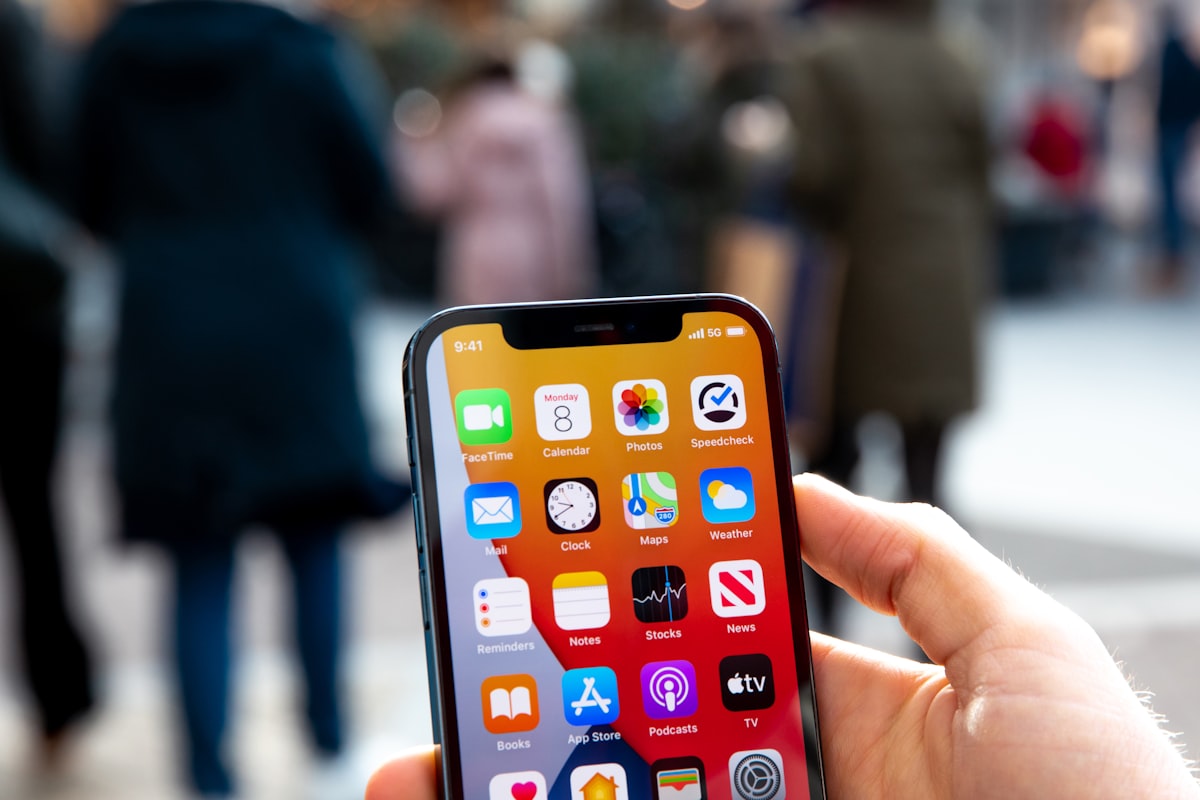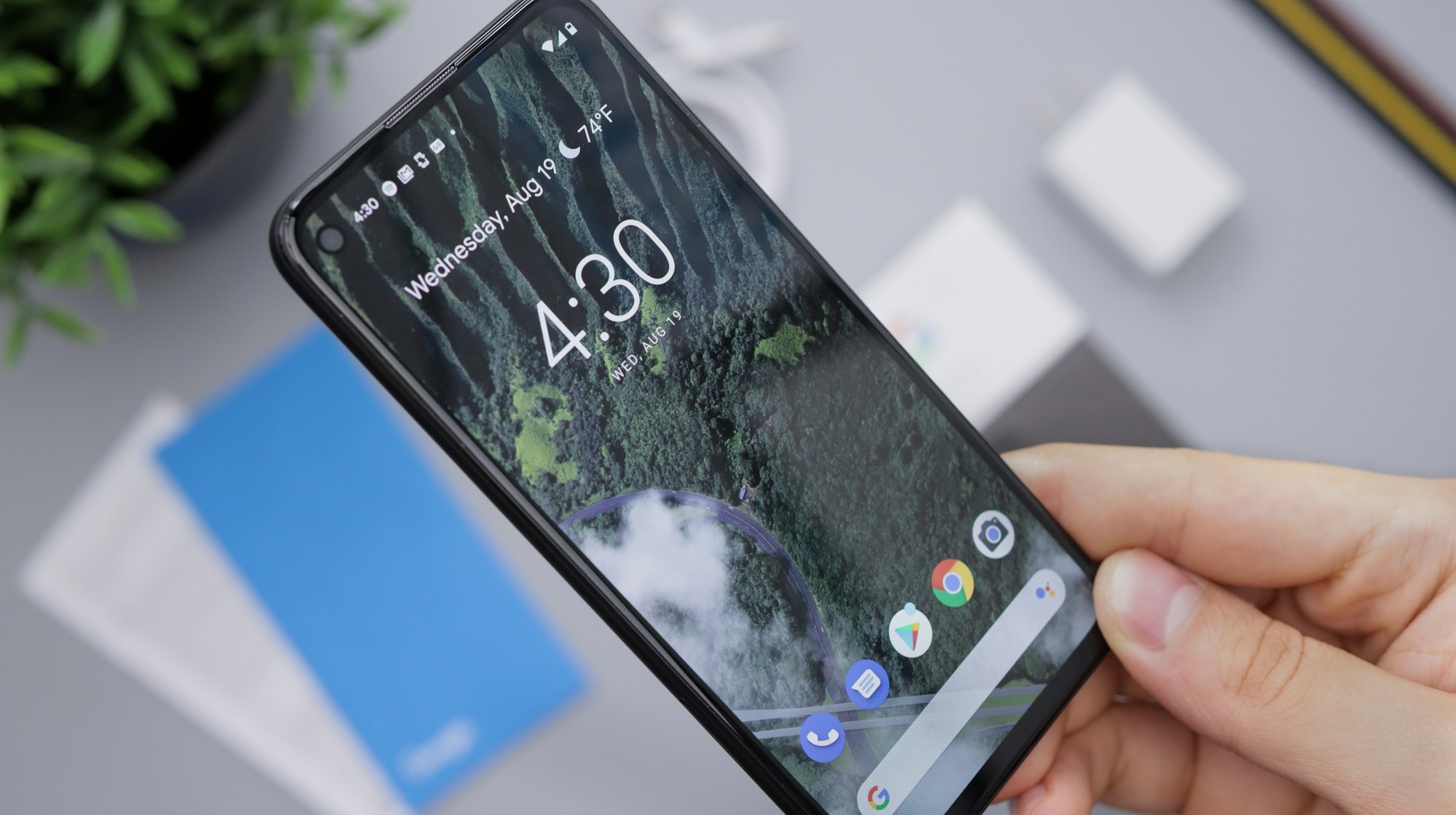5G Spells the End for AT&T Home Alarm Service, Many Others

The much-hyped arrival of 5G cellular communications may eventually prove beneficial to consumers. But for now, much of the impact is being felt by people whose 3G services are being cut back or eliminated entirely.
A fairly notable example is AT&T, which recently sent this rather cryptic notice to homeowners subscribing to its home security service.
This is a masterful bit of corporate doublespeak, second only to the perhaps apochryphal airline announcement that informed passengers that “for your safety and convenience, this flight will not operate as scheduled and will remain here on the ground, where we invite you to remain comfortably seated.”
AT&T’s Digital Life home alarm service uses the 3G cellular network to communicate with the alarm center. The sunsetting of 3G means that homeowners’ alarms won’t be able to communicate with the alarm center anymore, which renders them kind of useless.
The star-crossed company – not known for its brilliant M&A strategies, witness its recent disastous acquisition and subsequent dumping of Time Warner – apparently just couldn’t bring itself to say in its email that the service was being shut down and resorted instead to its somewhat mushy gee-whiz announcement that users would be handed off to Brinks, a rival security service.
But don’t worry, the company’s FAQ said tenderly. Everything will be fine. Well, for a month or so.

Digital Home subscribers aren’t alone. Many other established services are being forced to find new frequencies or, in some cases, pack up their tent.
The Digital Home case is brimming with irony since it is AT&T that, among others, has championed the 5G service that is now crowding out one of its own units.

Older cell phones affected
It’s not just alarms, older cell phones will also be unable to connect once the frequencies occupied by 3G services are reassigned.
“Certain medical devices, tablets, smart watches, vehicle SOS services, home security systems, and other connected products” could lose functionality, the Iowa Utilities Board warned consumers recently.
How do you know if your phone or device will be affected? There’s no central list but in general, any device more than a few years old is likely to be high and dry in the next month or two, as major carriers wind down their 3G service.
The Federal Communications Commission issued this timetable:
- AT&T announced that it will finish shutting down its 3G network by February 2022.
- Verizon announced that will finish shutting down its 3G network by December 31, 2022.
- T-Mobile announced that it will finish shutting down Sprint’s 3G CDMA network by March 31, 2022 and Sprint’s 4G LTE network by June 30, 2022. It also announced it will shut down T-Mobile’s 3G UMTS network by July 1, 2022, but has not yet announced a shutdown date for its 2G network.
What can you do?
Your mobile provider should be able to tell you if the device will continue to operate. Check their website if they haven’t notified you already.
You may need to upgrade to a newer device to ensure that you can stay connected, and carriers may be offering discounted or free upgrades to help consumers who need to upgrade their phones, the FCC said.
Some devices may only require a software update to enable VoLTE (HD Voice) or other advanced services. If you purchased your phone independent of a mobile provider, you should be able to check whether your device is 4G LTE (with VoLTE or HD Voice) enabled by checking your phone’s settings or user manual, or by searching your phone’s model number on the internet, to determine whether you need to purchase a new device or install a software update, the FCC further advised.
Silver lining behind the AT&T cloud
Wondering how we got a copy of that AT&T email? It didn’t require any journalistic skullduggery. We had subscribed to AT&T’s security service at our Southern California condo since it was included when we bought place.
It was a rather shaky system, often unable to communicate with itself because AT&T’s cellphone app was so sluggish. It was also expensive, weighing in at $57 per month.
Moments after getting AT&T’s Dear John email, we signed up for a Cove home security system. We had previously installed one elsewhere and were impressed by it. Installation took an hour or two one Sunday afternoon.
The new monthly cost? $26.
